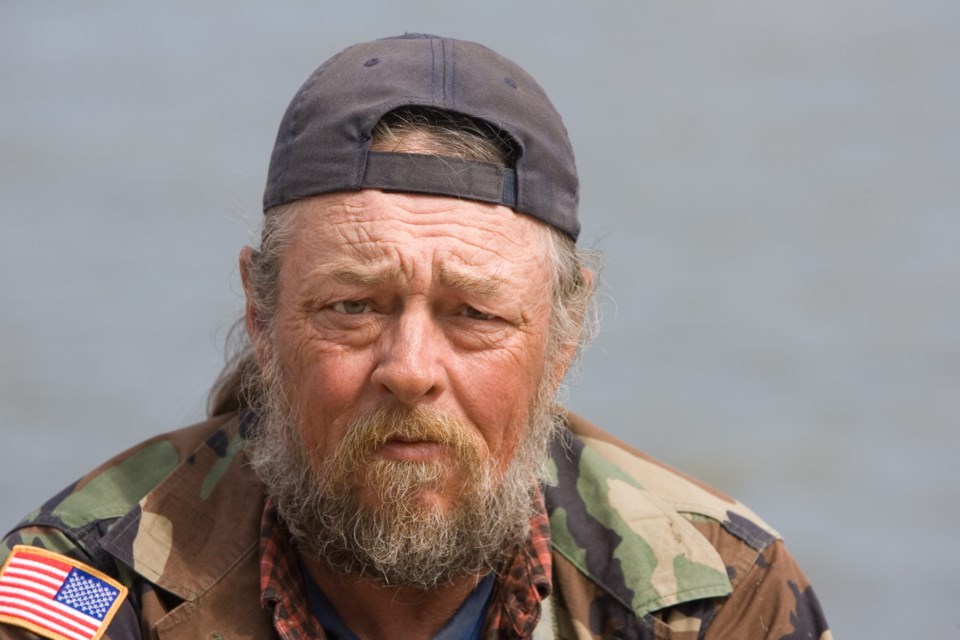Across Dallas and Collin Counties, there are 431 homeless veterans. This number represents a 100 veteran increase from 2018. Advocates for homeless people in Dallas and Collin Counties are hoping to reverse the rise of homeless veterans by taking on a new challenge: providing housing for 100 homeless veterans within the course of 100 days.
“These women and men stood up, swore an oath to uphold the Constitution of The United States, served their country and are now returning and trying to readjust to civilian life,” said City of Plano Council Member Rick Grady in an email, “Personally, I know how tough that is, especially when returning from war zones. We sometimes think the government will take care of these veterans. What we forget is the government is us, all of us. These women and men served us. Perhaps now is the time to return the favor.”
Read more: The City of Excellence is in conflict. What is rotten in the state of Plano?
Once housing is secured for these veterans, MDHA will take additional steps to provide care to them.
“We will wrap around these veterans a Continuum of Care such that the veterans remain housed,” Grady said. “This involves working with government organizations, non-government organizations (NGOs), non-profit organizations (NPOs), and public and private corporations to end this cycle of homelessness and poverty with those who have served our nation and their families.”
As of now, many organizations have gotten involved with MDHA’s challenge, including Faith Forward Dallas, who will be providing 100 move-in kits. Project ID will also help veterans obtain the documents necessary to access housing.
Read more: First look at Twelve Cowboys Way at The Star
“Across this nation only one-third of those leaving the service return home to families,” Grady said. “The remainder, the bulk, simply move into the local communities. Thus it takes all of us to solve this issue, with housing, health care, employment, transportation, education and other assistance to end this cycle.”
For more information, visit mdhadallas.org




